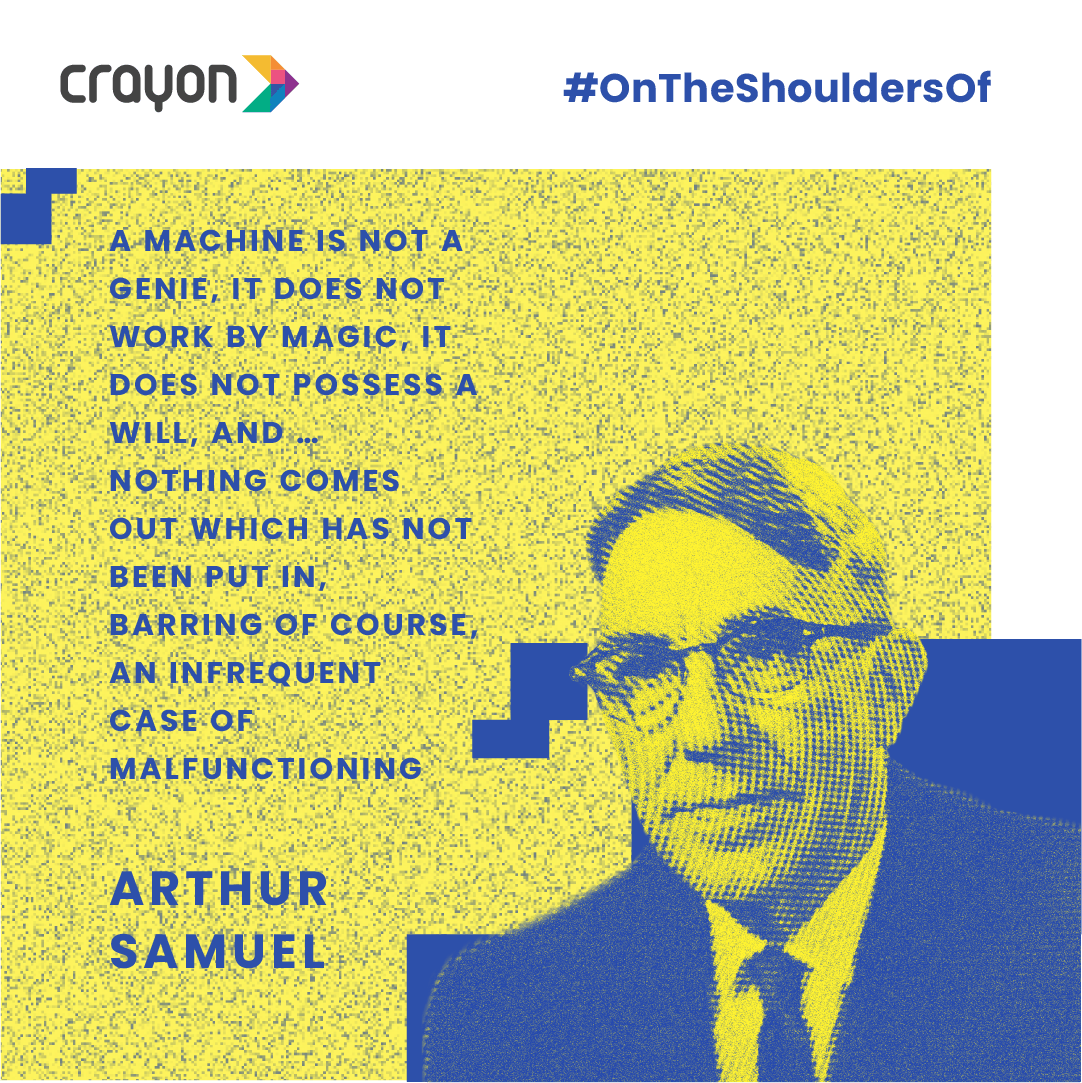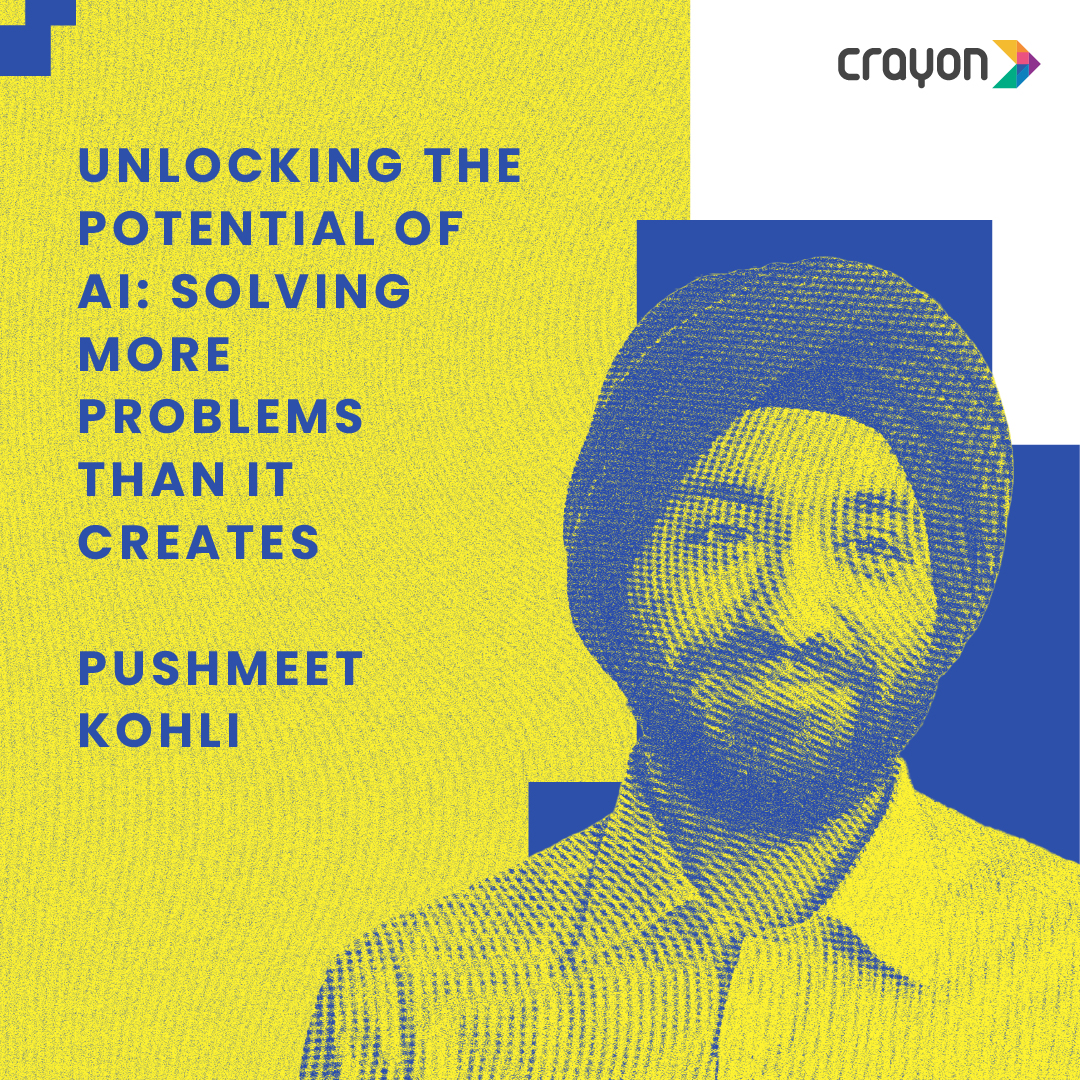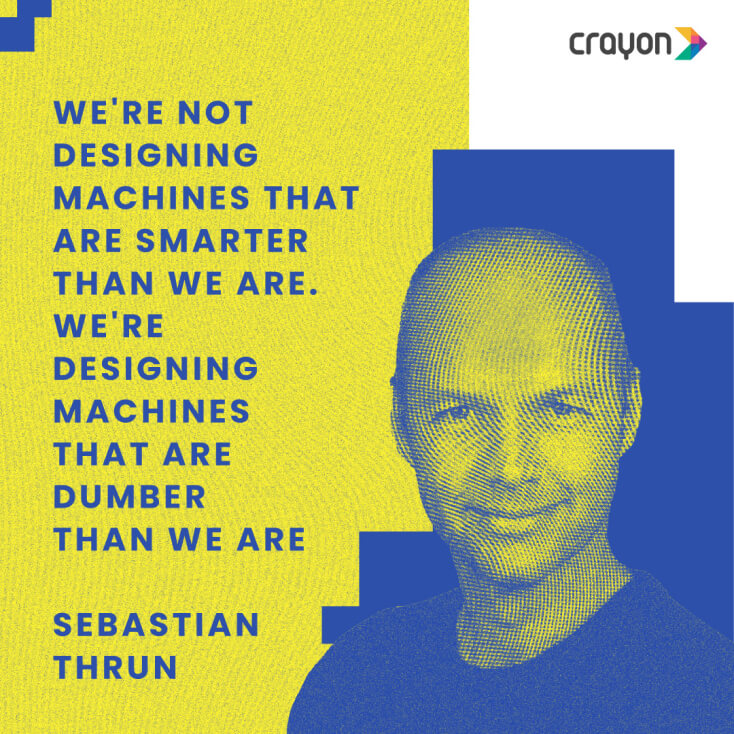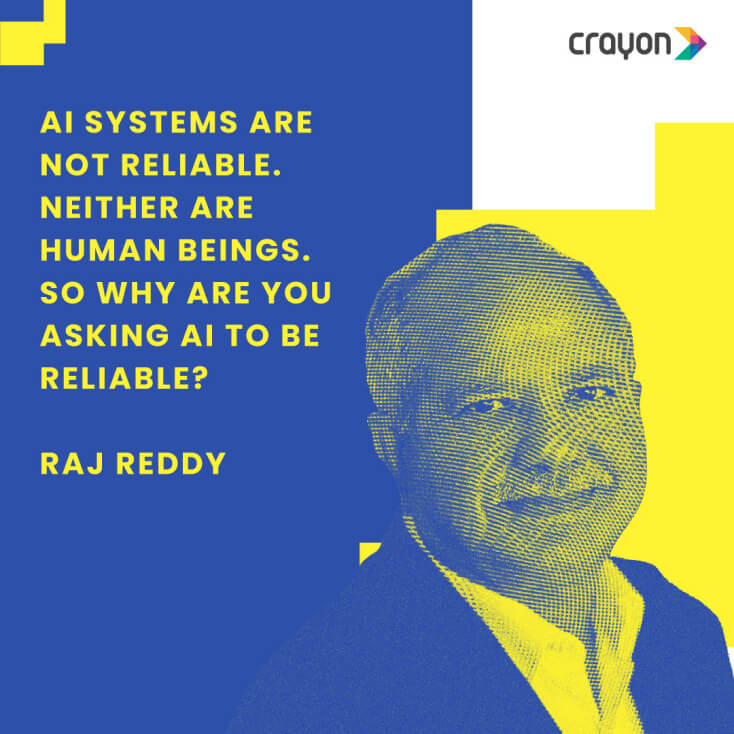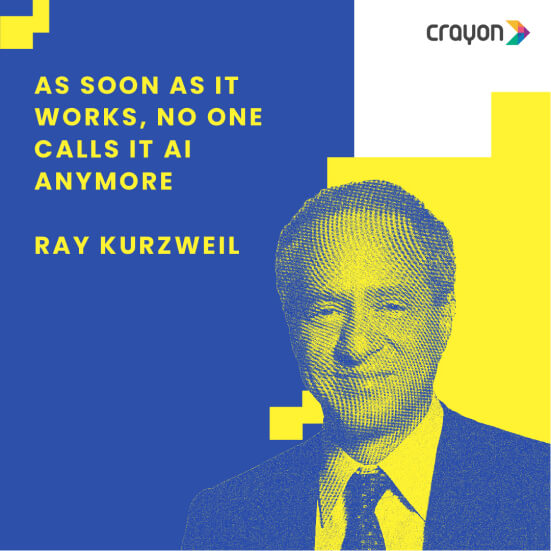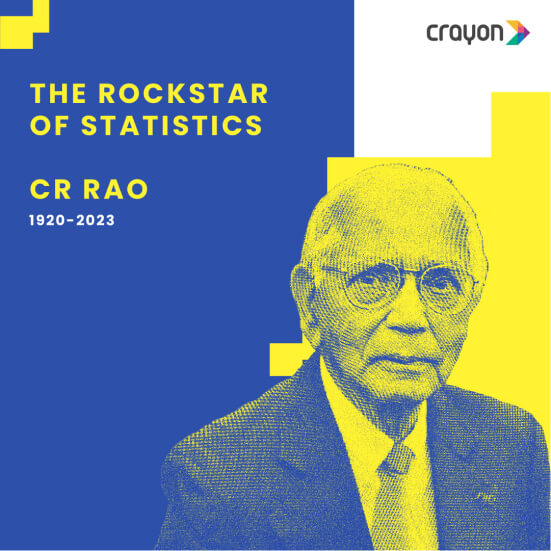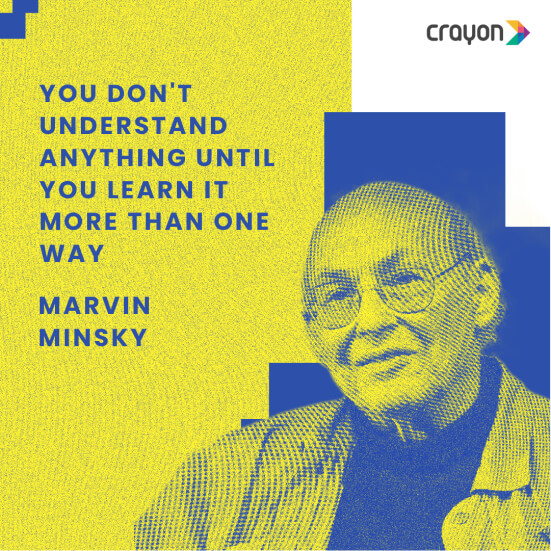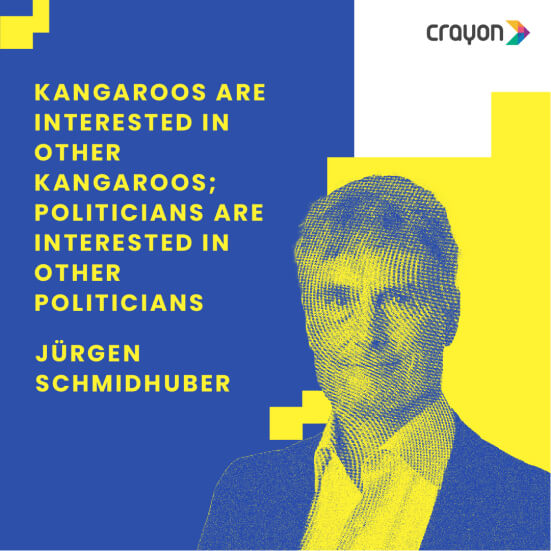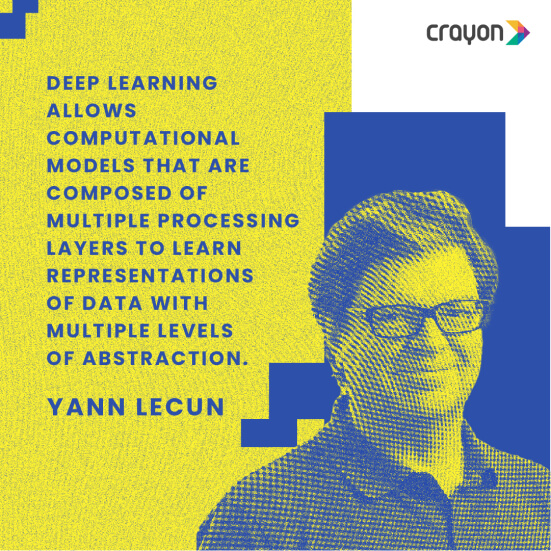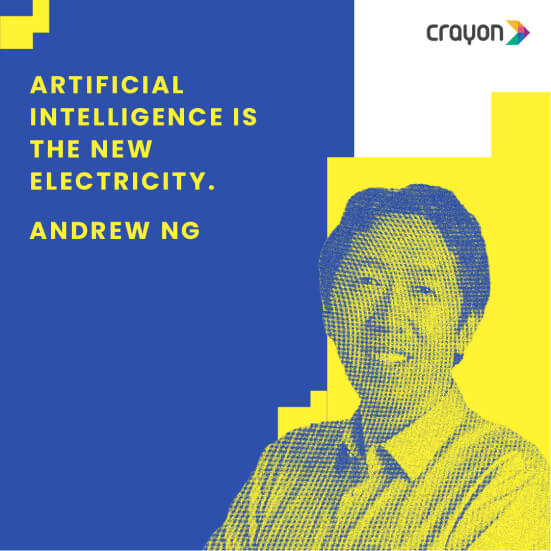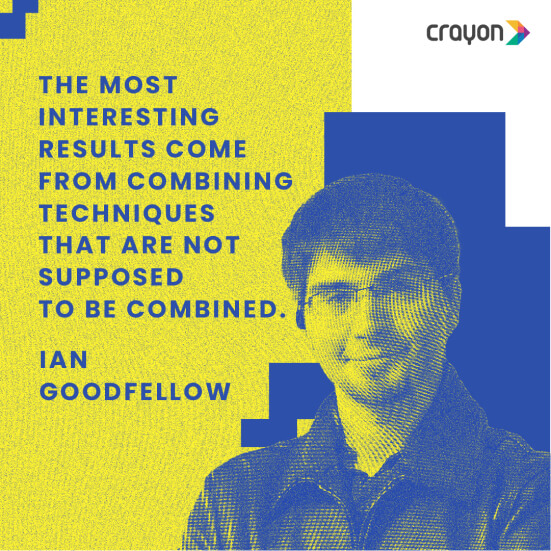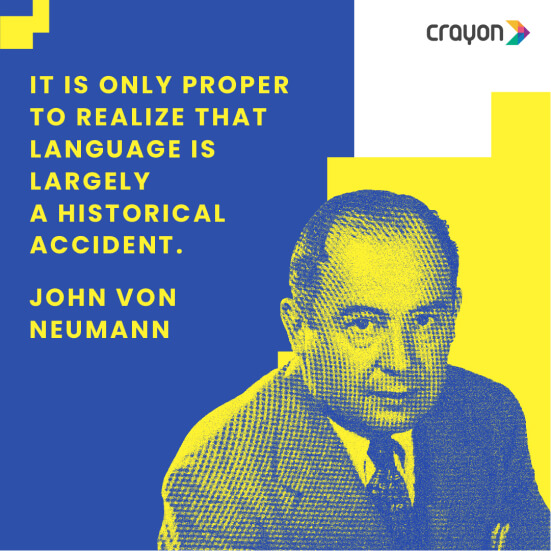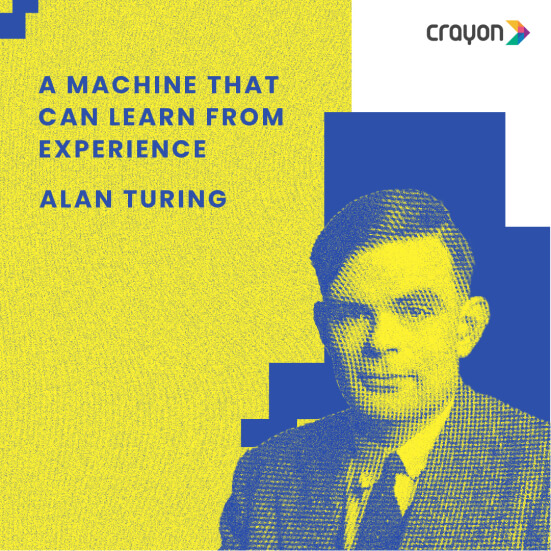Imagine a polymath of the modern era, whose intellect seemed to transcend disciplinary boundaries, leaving indelible marks in fields as diverse as political science, computer science, economics, and cognitive psychology. That’s Herbert Alexander Simon for you – a true Renaissance mind whose pioneering work continues to shape our understanding of decision-making, problem-solving, and the very essence of human cognition.
Simon wasn’t just another scholar; he was a visionary, a trailblazer, whose curiosity knew no bounds. His groundbreaking theories of “bounded rationality” and “satisficing” offered a more nuanced perspective on how individuals and organizations make decisions in the real world.
In 1978, Simon clinched the Nobel Memorial Prize in Economic Sciences, a testament to the profound impact of his research on the economic landscape. But that wasn’t his only accolade. In 1975, he received the prestigious Turing Award in computer science, solidifying his status as a titan in the realm of artificial intelligence.
What set Simon apart was his relentless pursuit of knowledge across disciplines. He seamlessly navigated through the intricate webs of cognitive science, computer science, public administration, management, and political science, leaving behind a legacy that continues to inspire generations of scholars.
Simon’s academic journey began at the University of Chicago, where he delved into the realms of political science and economics under the mentorship of luminaries like Henry Schultz. It was here that he laid the foundation for his lifelong exploration of organizational decision-making, a theme that would echo throughout his illustrious career.
But Simon was not content with mere theoretical ponderings; he was a man of action. His seminal work, “Administrative Behavior,” challenged the orthodoxies of economic modeling, advocating for a more holistic approach that acknowledged the complexities of real-world decision-making.
Beyond academia, Simon’s influence extended into the corridors of power. He played a pivotal role in shaping institutions like the Economic Cooperation Administration, leveraging his expertise to navigate the complexities of international aid and diplomacy.
However, it was in the realm of artificial intelligence that Simon truly left an indelible mark. Together with Allen Newell, he pioneered groundbreaking programs like the Logic Theory Machine and the General Problem Solver, laying the groundwork for the future of AI research.
In the annals of intellectual history, Herbert Simon’s name shines brightly as a beacon of interdisciplinary scholarship and visionary thinking. His legacy serves as a reminder that true innovation knows no boundaries – it transcends disciplines, reshaping our understanding of the world and our place within it.
So let’s tip our hats to this original thinker who pushed the boundaries of his field. Stay tuned for fascinating tales of AI legends every Friday. We’ve already shot spotlights on the remarkable journeys of trailblazers like Alan Turing, John Von Neumann, and many others. Don’t miss the upcoming features on the distinguished figures of AI!
